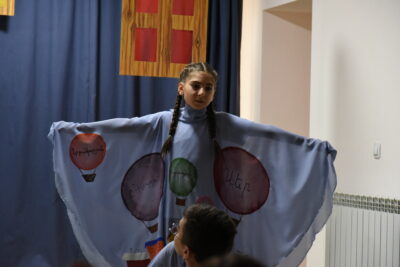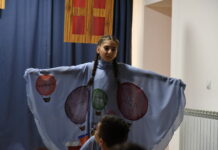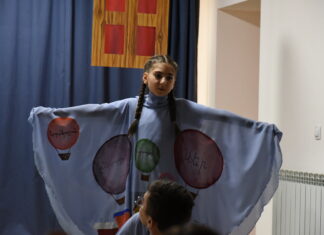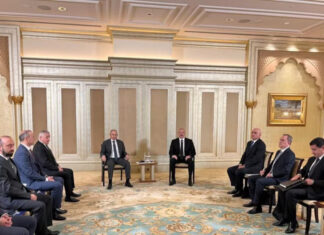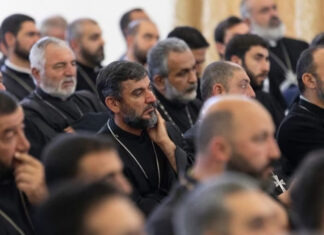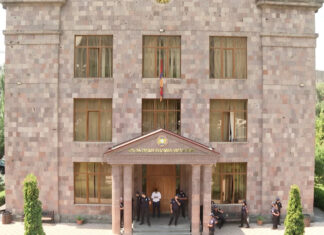By Pjotr Sauer
(Guardian) — Armenia’s prime minister, Nikol Pashinyan, has expressed hopes that ethnic Armenians can stay in Nagorno-Karabakh amid fears that Azerbaijan, which says it controls the region after a military offensive this week, is seeking to push out tens of thousands of people.
Speaking during a government meeting in Yerevan, Pashinyan said Armenia would welcome ethnic Armenians who lived in the breakaway region but mass resettlement would only happen if it became impossible for Karabakh Armenians to remain there.
About 120,000 ethnic Armenians live in the South Caucasus enclave, which is recognised internationally as part of Azerbaijan but had largely been under ethnic Armenian control since 1994.
A ceasefire agreement was reached on Wednesday, September 20 between Azerbaijan and the local government in Nagorno-Karabakh, a day after Azerbaijan launched its new military offensive. The two sides held the first round of talks on Thursday to discuss the future of the region and its residents.
A senior Azerbaijani official said on Friday, September 22, that Baku would ensure civilians could travel safely in their own vehicles along the road leading from Nagorno-Karabakh to Armenia through the Lachin corridor.
